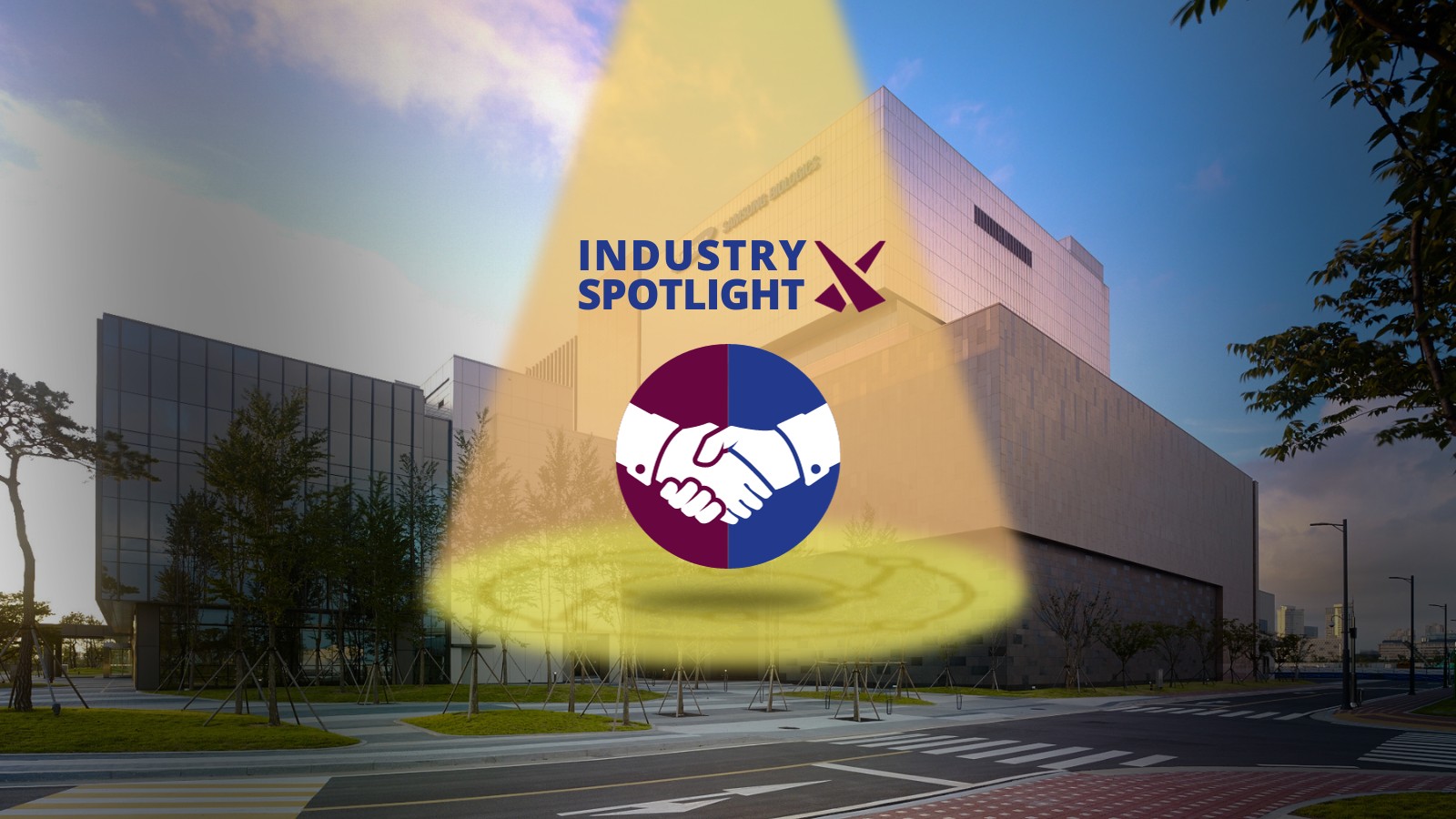Continuous Manufacturing: Challenges & Solutions

Our April formulation discussion group bought together key opinion leaders in continuous manufacturing, including representatives from Takeda, GSK, Boehringer Ingelheim and Janssen. The group focused on the manufacturing challenges facing pharma companies and how these can be addressed both now and in the future.
This month’s group was led by Fausto Artico, Global R&D Tech Head of Innovation and Data Science at GSK, where he has built and directed multiple teams across the UK, Europe, and Asia. His role involves sourcing and assessment of external vendors for mature and emerging technologies, leverage, infrastructure and automation integration, exploration of Blockchain technology and creation of cybersecurity capabilities.
Resistance: Cultural and Psychologically Barriers
While new manufacturing technologies have the potentially to dramatically shift the way the pharmaceutical industry works, resistance and misconceptions are not uncommon. A lack of training is one are that can contribute to these challenges. Fanny Stauffer, Drug Product Expert at UCB, explains that “whatever the technology, whether that's continuous manufacturing or data science, we see knowledge gaps and that's perfectly normal when a new technology is emerging. And it's very difficult to put in place all the material to train people, to identify the people that needs to be trained, and end to find free time for these people.”
Fausto agreed with this point, expanding on it by saying “It’s a challenge, not only to select the right people, to educate them, but also to carve out some time and make sure that they’re adapting and comfortable with the hands-off manufacturing process. It’s not uncommon for teams to put off making changes. Most biologists are not trained in software engineering or statistics, often you don't have the right people to do all the collecting and cleaning of data.”
Fausto continues, sharing his experience with the group; “I see too many people searching for one silver bullet; a tool or technology that will be amazing solve all our problems. Unfortunately, that is not my experience in pharma. Pharma is a very complex environment with a lot of legacy systems, you cannot rip out equipment you invested in from manufacturing sites or other places.”
Legal and Regulatory Challenges

Legal and regulatory issues are important to consider as they can dramatically change timelines and ways of working. Fausto notes that “we don't want to build systems that are going to be non-compliant or present problems with regulators. We have been internally designing systems from scratch, with a set of design principles that were built for security and privacy. This eases the process not only for legal departments but also for regulators and external organizations that are checking what we are doing is compliant.”
On the subject of external companies, Fanny explains that legality processes can make it difficult to collaborate. “We try to participate in a lot of precompetitive projects. Unfortunately, it's difficult to make a contract where multiple companies contribute data and at the end, have shared access. We will all share API properties but what is important to understand is not what APIs have been shared; it’s what you do with the date, and you don't need names. And for me, it's very difficult and challenging to have this discussion, but I see an improvement with time. But, indeed, it's still very difficult to create that type of project; to align each legal department takes around a year. And we know that in a year, the technology that you want to investigate might not even be the same anymore.”
Looking for Solutions: Blockchain Technology
Overcoming these challenges is one of the most pressing issues facing pharma manufacturing. Currently, what is possible technically is being held back by what is possible logistically. Fausto is a supporter of blockchain technologies. He explains that “blockchain, especially manufacturing environment supply chain, could be very useful is essentially the tracking of order of ingredients and materials. In biopharma we have products where, from the original raw material to the final product, you need to pass through 15 countries. Today, just tracking all those things for regulatory purposes is a mess. It takes a lot of work to prove to the regulators that you are doing things correctly. Block chaining essentially allows automatic tracking and can provide proof for the regulators that you are compliant. We remove the human from the loop; the technology is self-reliant, and very resistant.”
When asked about the possibility of solution providers selling such technology as a service, Fausto explains that this is an area that is rapidly developing. He notes that “during the last year and a half, I have seen companies onboarding technical talent. They already had some of the standards and the mechanisms, and now they're moving more to a model of service. At that point, essentially you have somebody that you pay, that can help you customize systems to work for you, showing the kind of approved, legal suppliers you can buy from.
Final Thoughts & Conclusion
Oxford Global would like to extend our gratitude to Fausto Artico and all attendees for sharing their experiences and knowledge. If you would like to join one of our future groups, consider becoming a Formulation community member.






